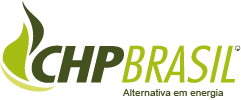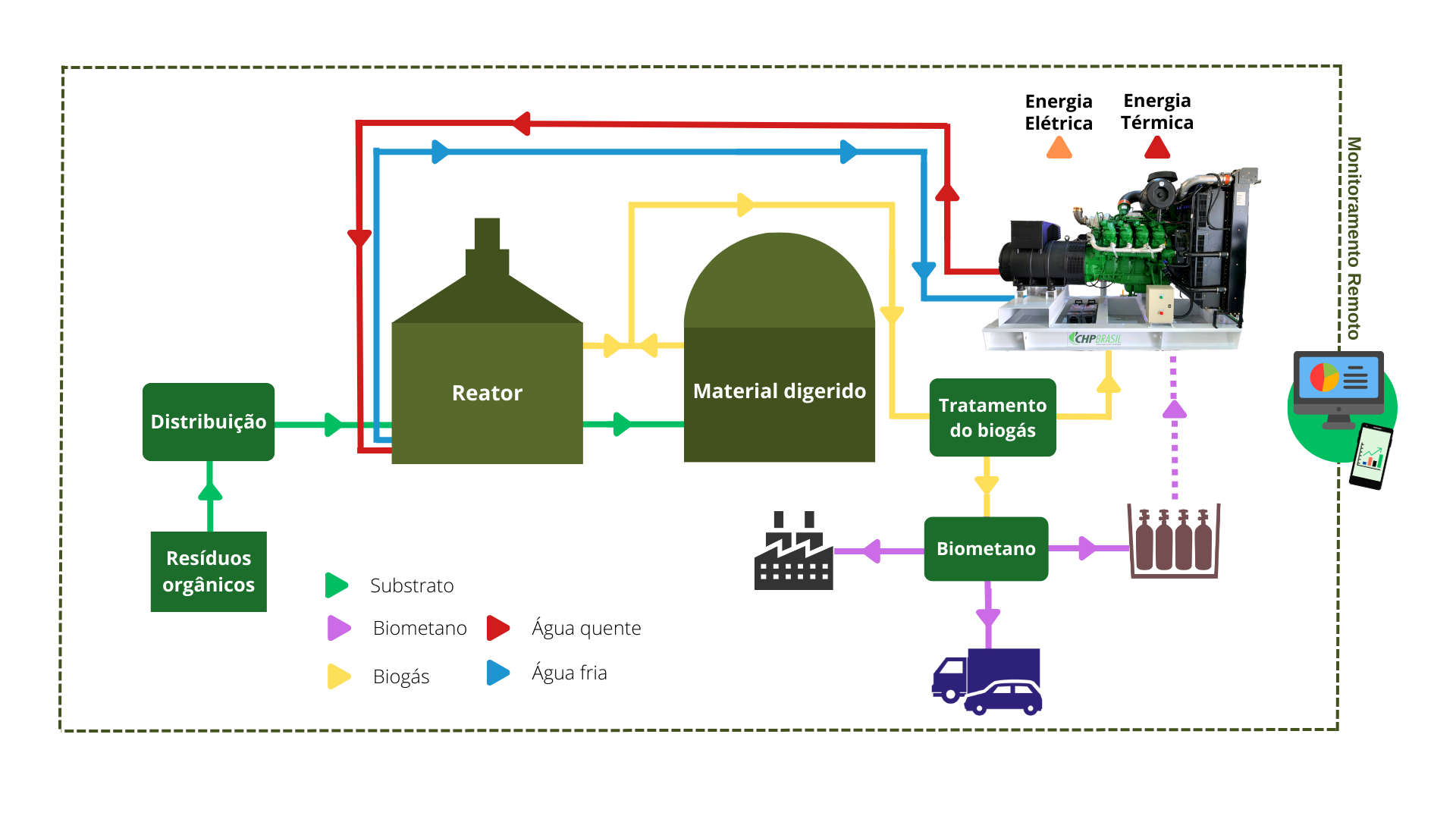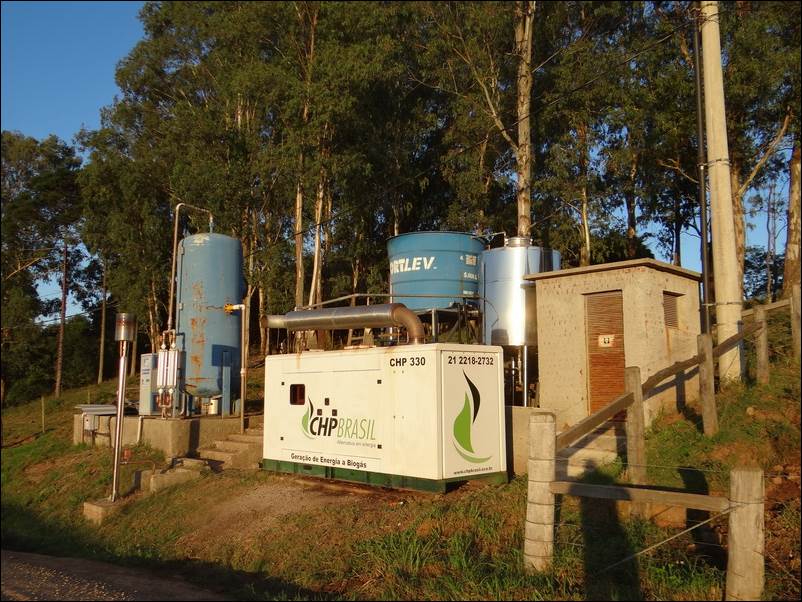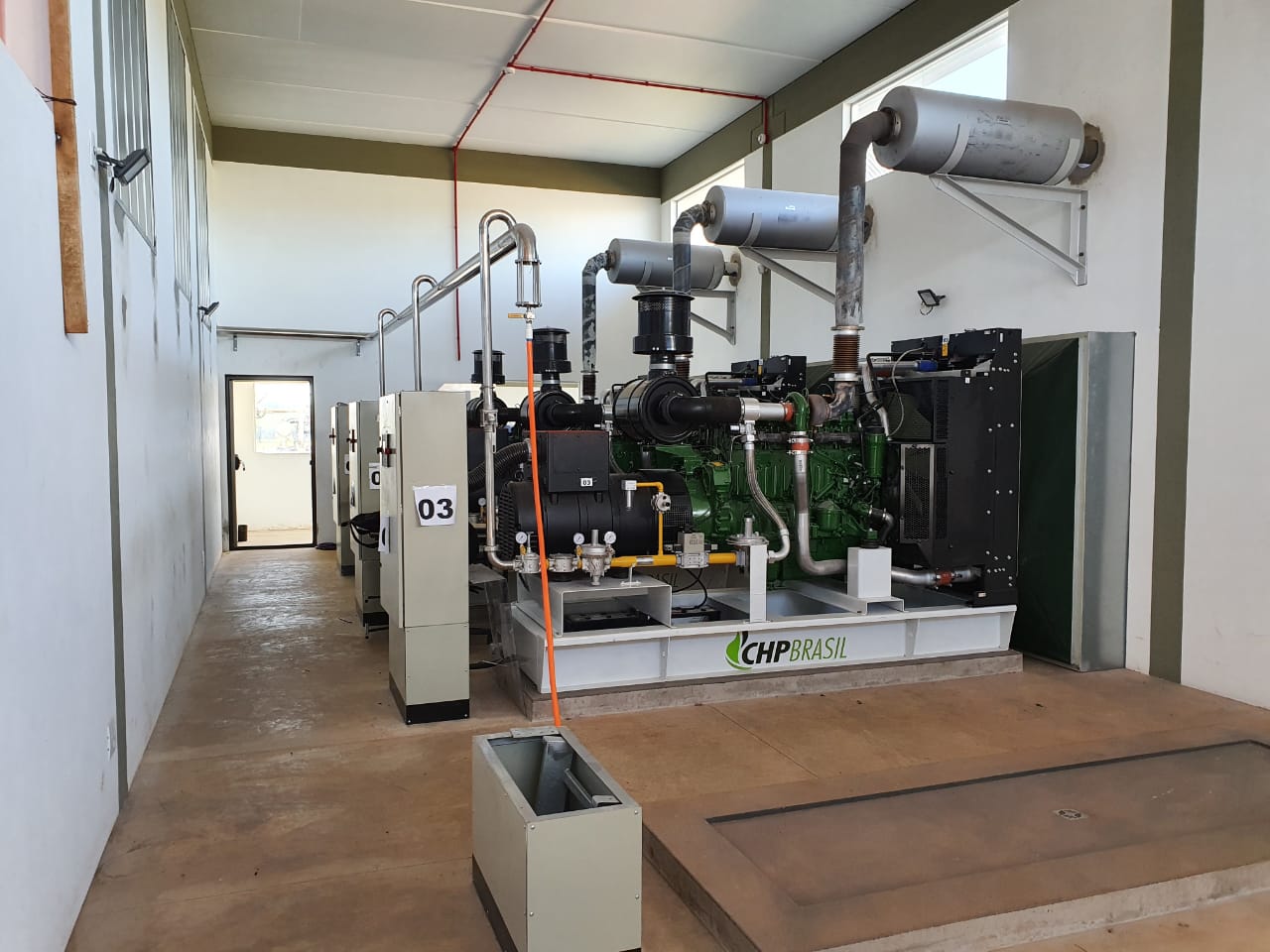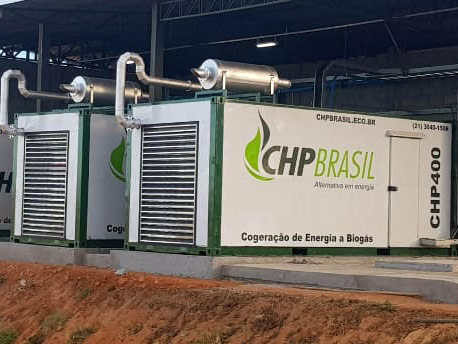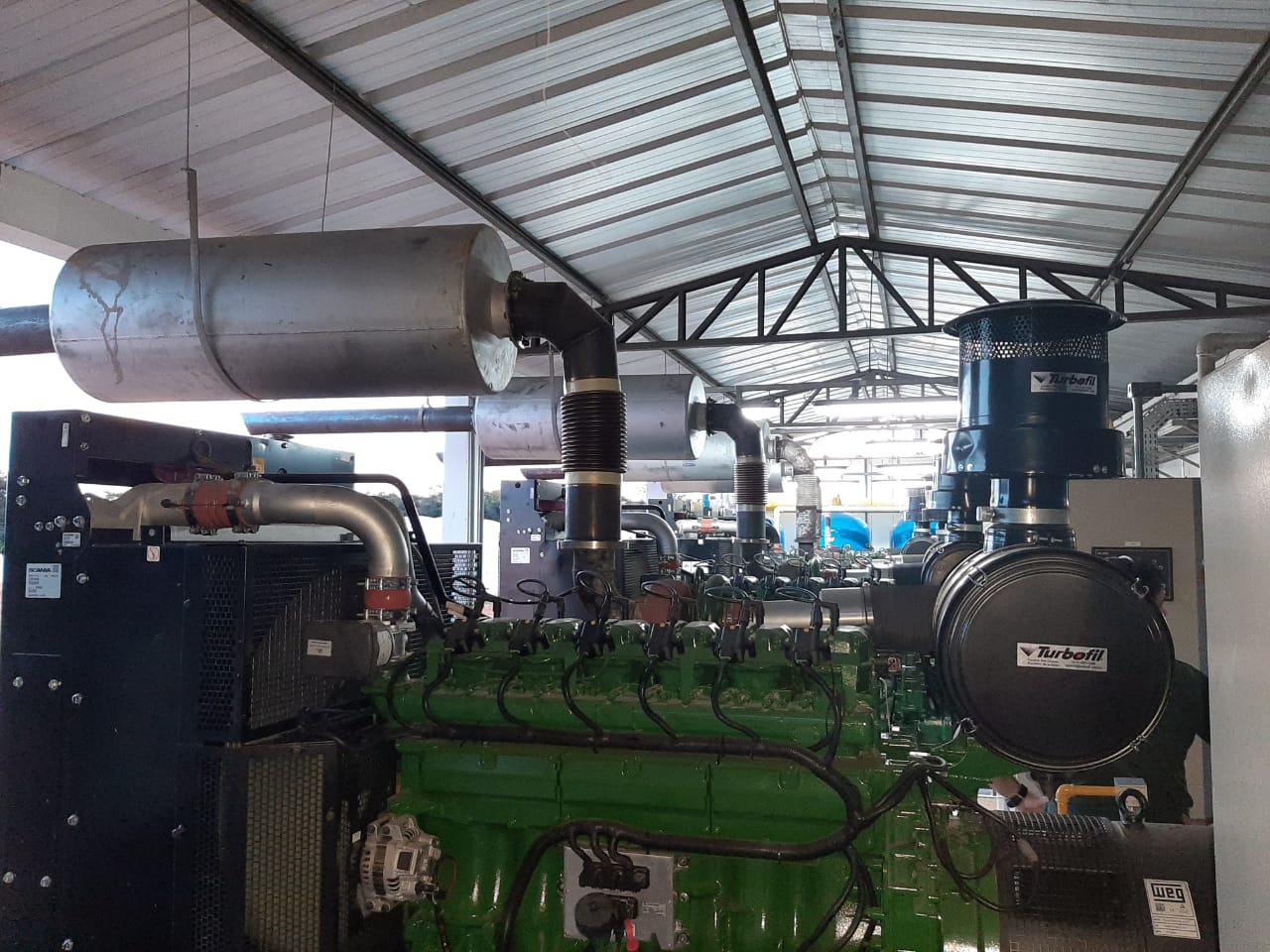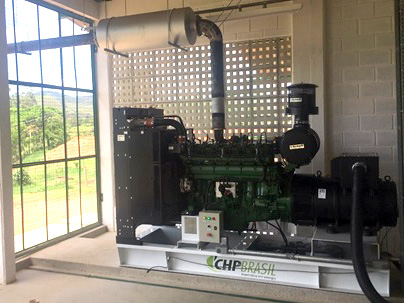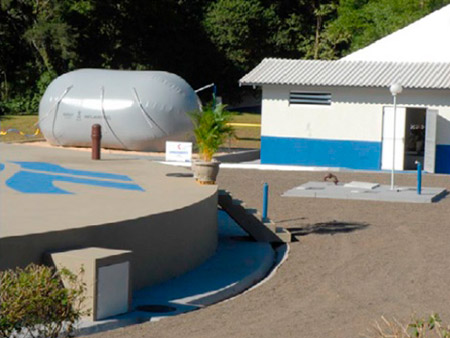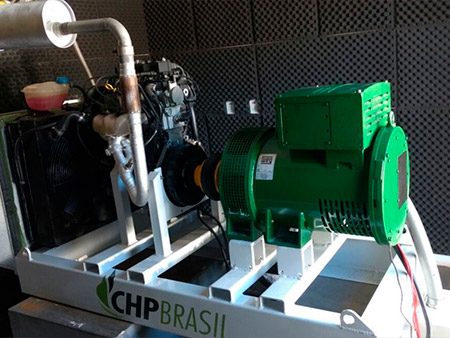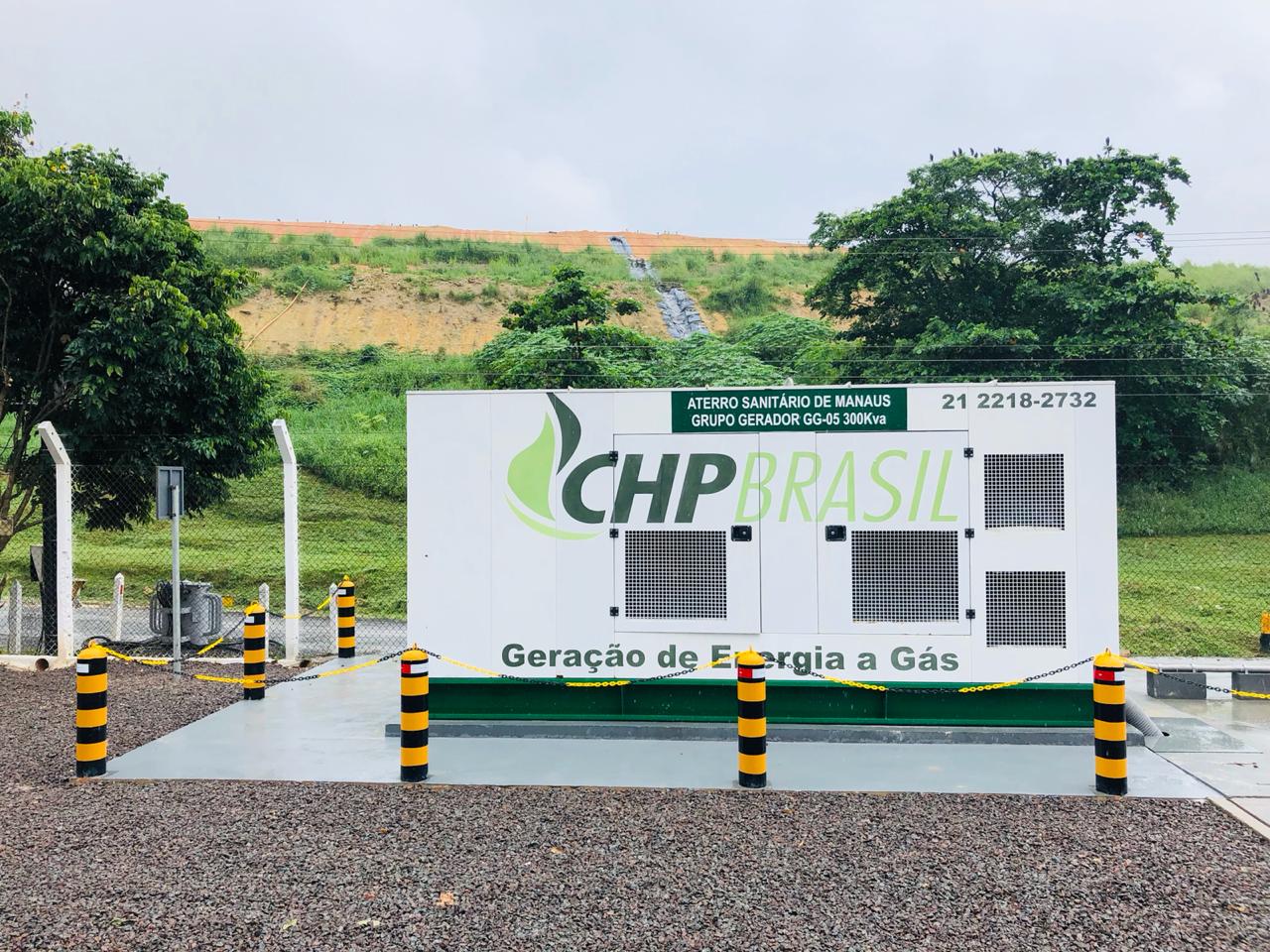Biogas is a renewable energy source
Biogas is produced by bacteria in the process of decomposition of organic matter, organic matter, agro-industrial waste, animal manure and urban waste, and so on.
Biogas is a renewable biofuel and it has high energy power. It can be used in CHP Brasil's biogas power generators to produce electricity and/or thermal energy.
Biogas can generate electricity for self-consumption, reducing costs with the Energy Distributor, and/or generate financial revenue by exporting electricity in GD, Distributed Generation.
Organic Waste
- Sugar and Ethanol (vinasse, filter cake and bagasse);
- Soft drinks (effluents and production leftovers);
- Breweries (effluents and residues, such as bagasse and filter residues);
- Juices and Wines (effluents, spoiled batches, and biomass generated in filtration);
- Canning and Refrigeration (effluents, waste and production leftovers);
- Oils and Margarines (effluents, fat filter cake and other production waste);
- Meat and Butcheries (effluents, blood, intestines, non-marketable meat and fat);
- Dairy (whey, spoiled batches, and fat separator);
- Starches and Flours from cereals, cassava, potatoes (effluents and production leftovers);
- Bakery (production effluents and cleaning residues, faulty batches, etc.);
- Pulp, Paper and Cardboard (production effluents);
- Pharmaceuticals (effluents and waste with high content of biodegradable substances);
- Coffee and Tea (effluents and biomass generated in filtration and separation, etc.);
- Yeast, Sweets and other products (production effluents);
Biogas Potential in Brazil
In Brazil, the potential for biogas production is very large, given the large participation of the agro industry in the national economy. The number of beef cattle farms, dairy farms, pig farms, poultry farms, fecular factories, and many others, that use biogas for energy generation has been increasing year by year. Another great potential lies in the sanitation sector, mainly in large urban centers, as well as in the food and beverage industries.
CHP Brasil has a high-quality national technology to make the most of the potential of biogas for energy generation. Using high energy efficiency generators, we are able to generate more energy with less biogas. This represents great savings in the plant's monthly electric energy bill. On farms, we are able to produce surplus electricity that can be sold according to the rules of Distributed Generation (DG). In other words, energy savings or revenue with energy, is more competitiveness for your business.
Awite is a German company offering equipment and systems for biogas analysis, desulphurisation and automation.

With over 2,000 installed plants in the World, Awite chose CHP Brasil as its exclusive representative in Brazil, due to the company’s technical competency, ethics and committed team.
The automated desulfurization system injects the exact amount of oxygen into the biodigester, significantly reducing the amount of H2S (hydrogen sulphide). In addition, the automated gas analysis system delivers online monitoring of the composition of the gas leaving the biodigester, thus increasing the reliability of the power generation plant. online da composição do gás que está saindo do biodigestor, aumentando assim a confiabilidade da planta de geração de energia.
